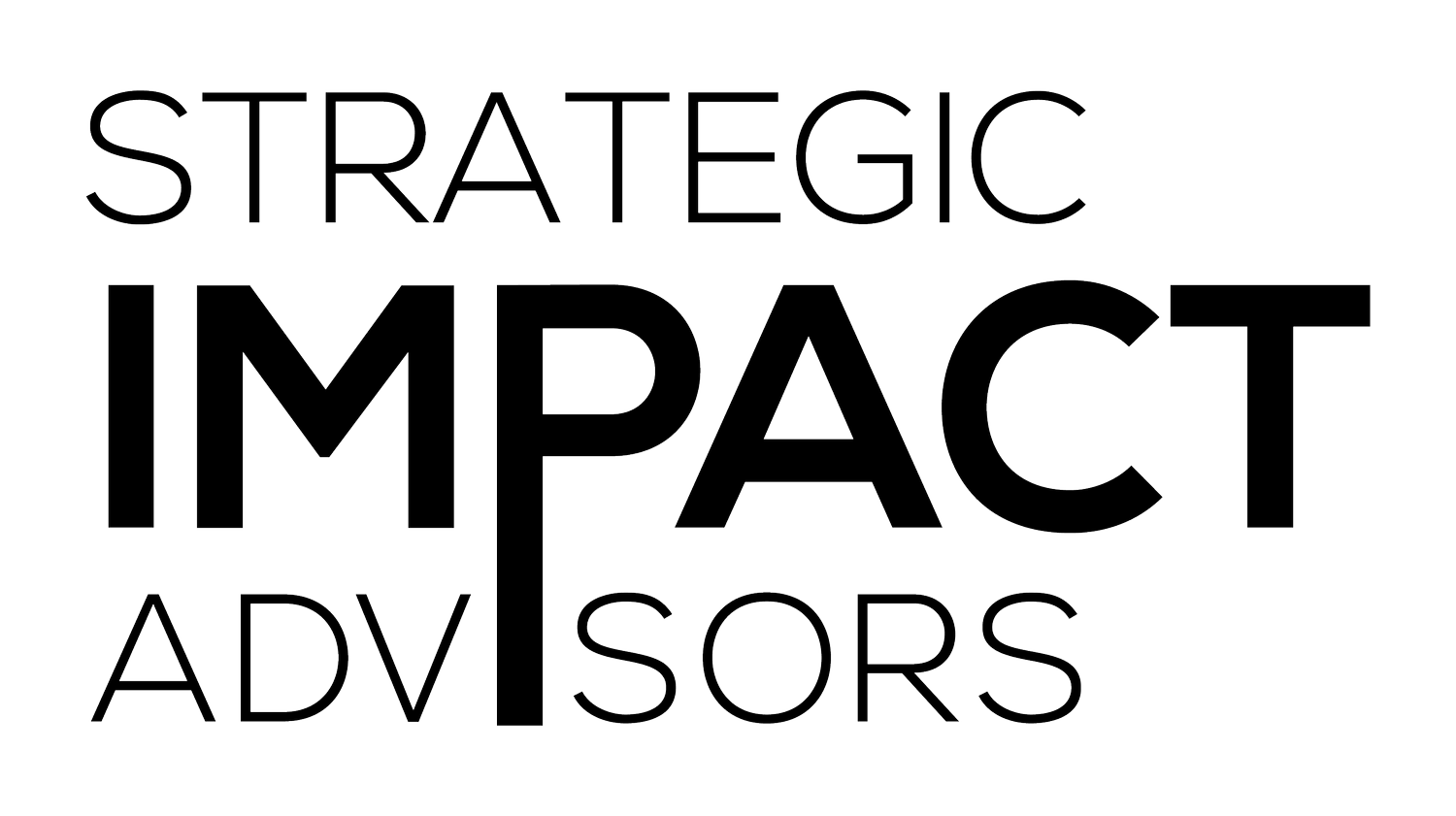‘More than just a lecture’: Facilitating group learning in Jordan
Last month was full of highlights for me, both professionally and personally. In early February, I flew from Paris to Amman to test out SIA’s new training curriculum, developed in partnership with GIZ. This was my first trip for a project, in a country I had never worked in before, let alone visited. I was finally able to meet and connect with women and men we aim to support through the work we are doing in economic empowerment and financial inclusion. Finally able to hear firsthand the feedback on the training content we produce.
This content created with funding from GIZ aims to raise awareness and confidence around e-wallets and digital and financial literacy for low-income Jordanians and Syrian refugees living in Jordan. Similar to our very successful audio-based training curriculum “Hey Sister! Show Me the Mobile Money!,” which we can proudly say has reached more than 1 million listeners, this new training takes the format of facilitated group discussions around short, scripted audio-based content. We used voice actors who recount the stories of our four new characters, a Jordanian couple and a Syrian couple, who learn from each other about e-wallets, savings, and other topics of interest.
These audio scripts were designed based on a market review of the existing e-wallet ecosystem in Jordan, as well as focus group discussions held with target audiences in Amman, Irbid and Mafraq — women, men, home-based business owners, illiterate and low literate individuals, and low-income Jordanians and Syrian refugees. Through our research, we sought to understand the challenges these populations face in accessing and actively using e-wallets. We found that key barriers to actively using e-wallets revolved around low awareness around use cases beyond cashing out, and challenges in downloading and setting up the e-wallet app. We also uncovered seven key topics of interest for the different audiences:
Savings and budgeting
Using an e-wallet for a home-based business
Privacy, fraud and scams
Different e-wallet providers
Who can see e-wallet transactions / will e-wallets affect the aid I receive?
Practicing how to use an e-wallet
Different e-wallet use cases
With these research findings, and other findings from previous work, we designed audio scripts and discussion guides for organizations to conduct more casual and interactive training sessions.
During my time in Jordan testing the training content and format with participants of the target audiences, and having spoken with trainers from other organizations (including humanitarian and community based organizations), I realized how important it was to make this training stand out from all of the others offered to these populations. The content testing and discussions got me thinking. Low-income Jordanians and refugees living in Jordan, in particular, are often incentivized, with stipends, snacks and meals, to participate in various training sessions. But are these trainings effective in engaging and interacting with participants, or are they simply informational lectures? Do these trainings actually lead to increased confidence and sustainable behavior change?
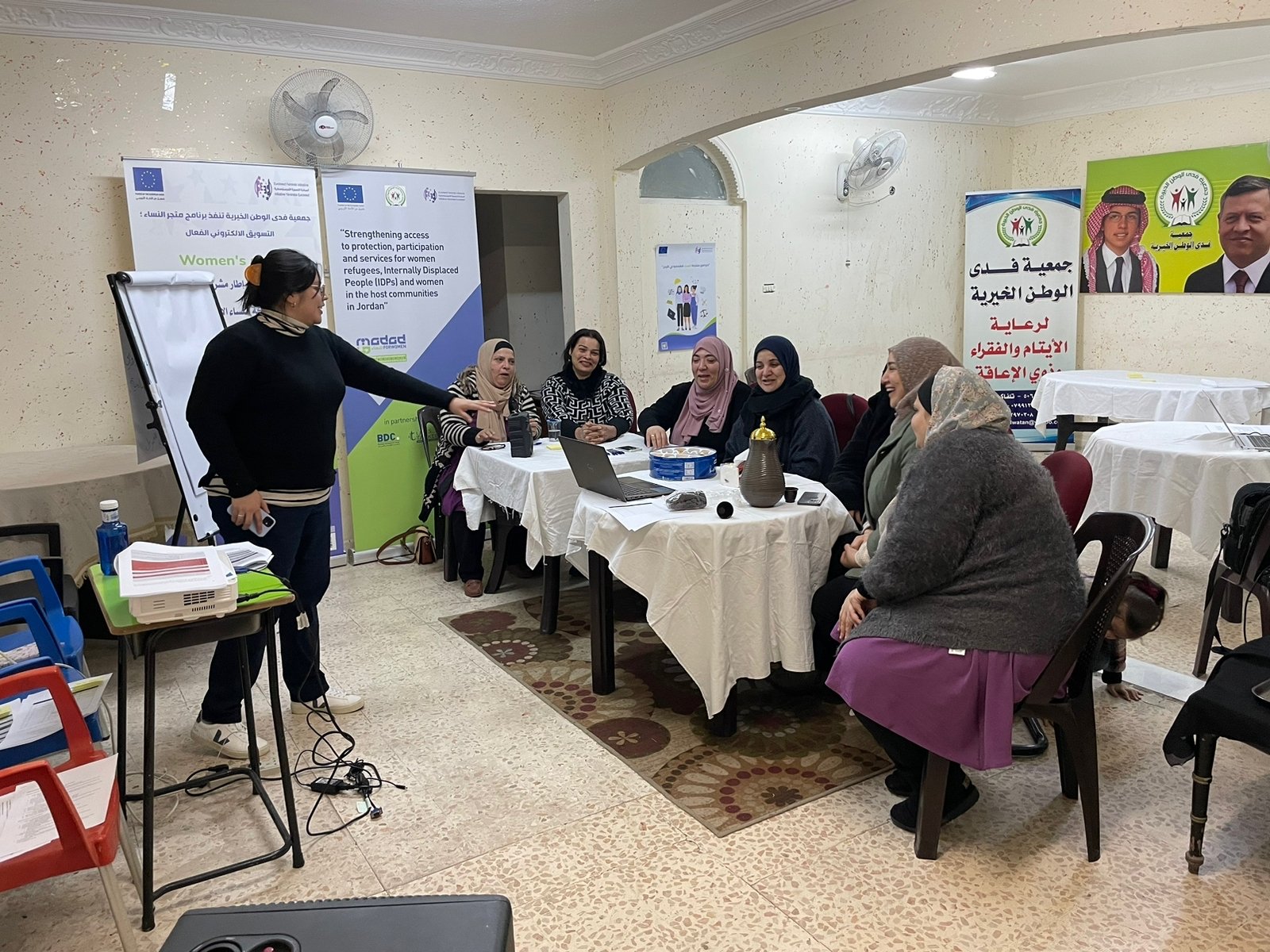
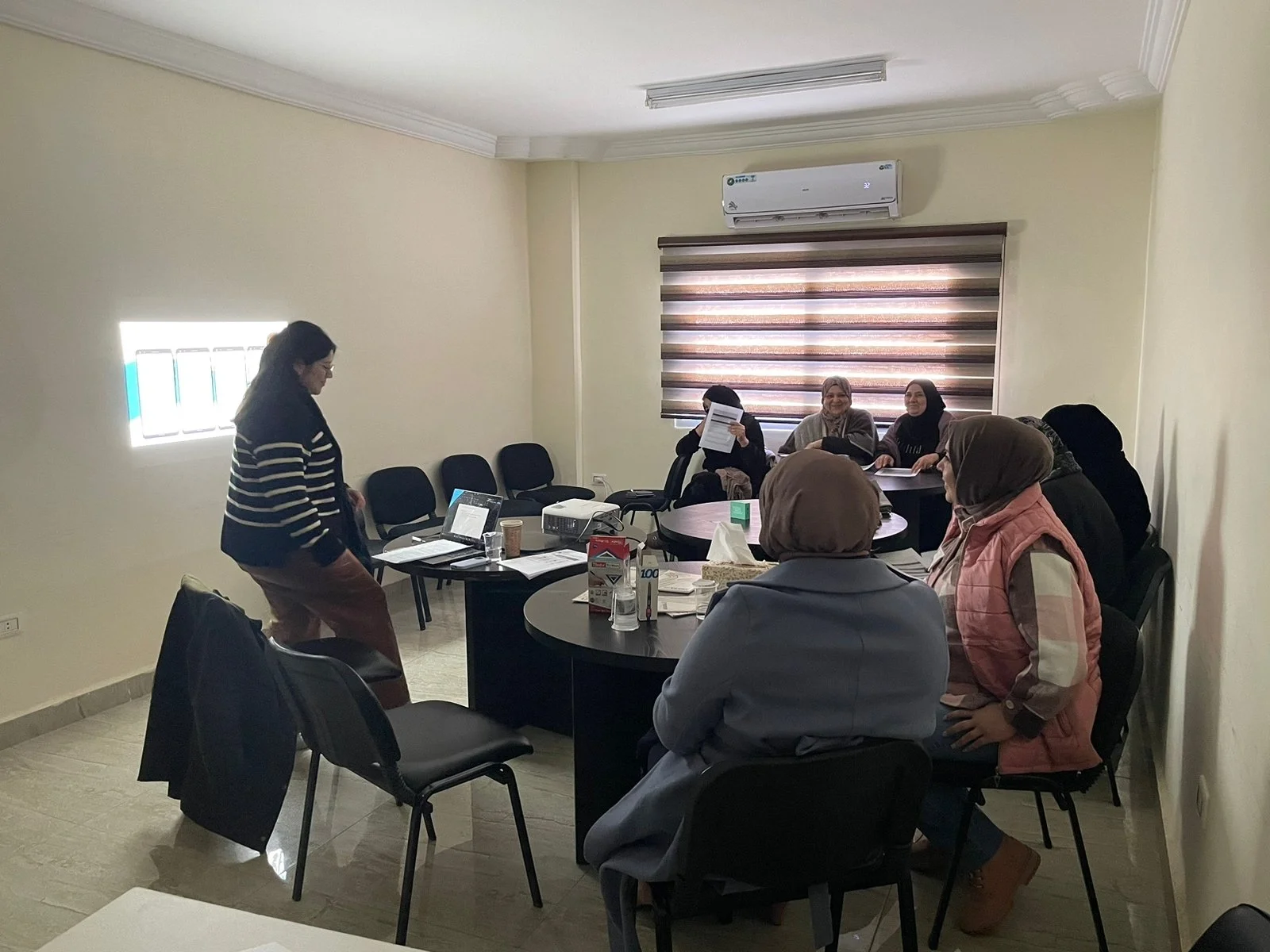
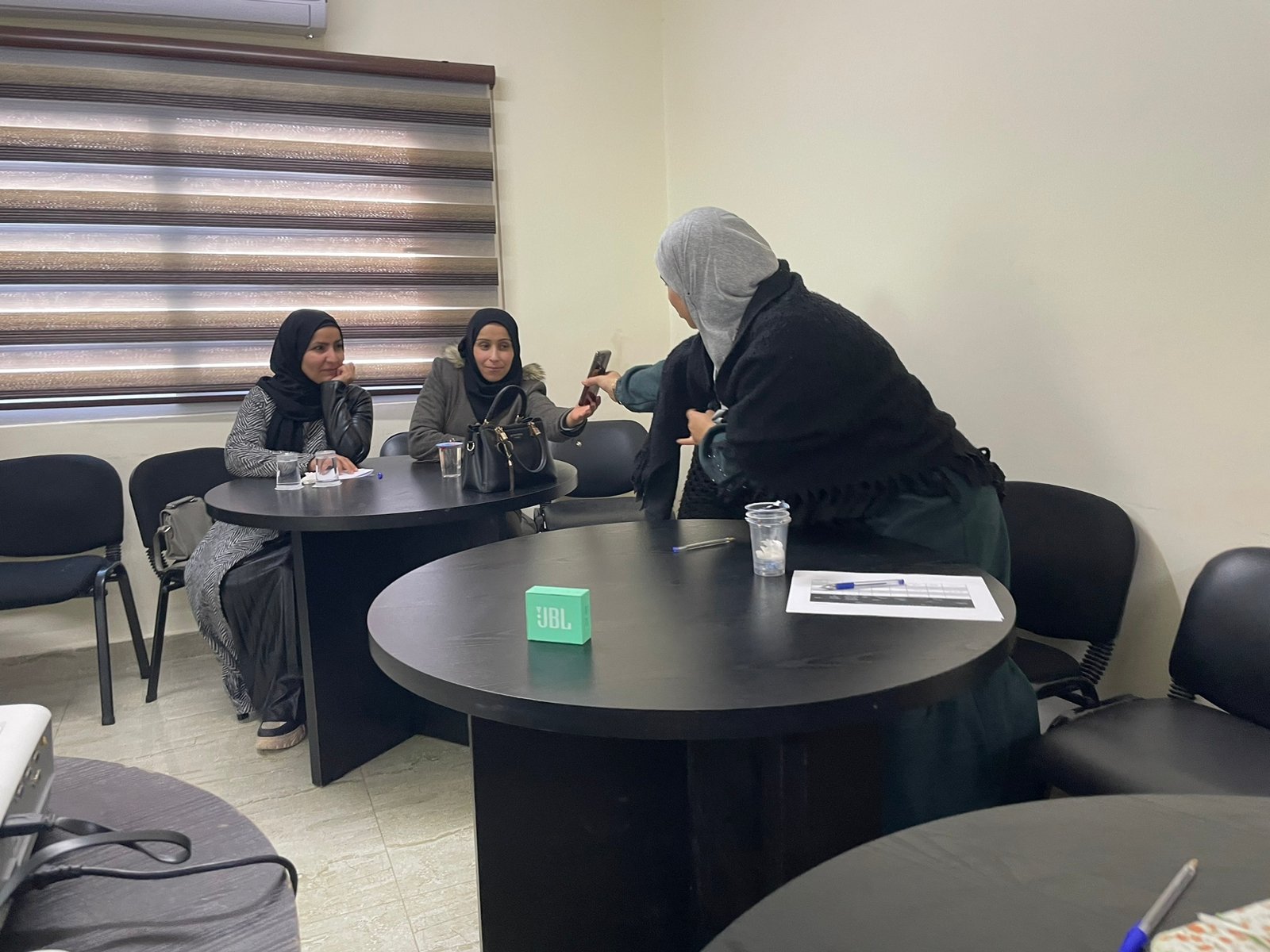
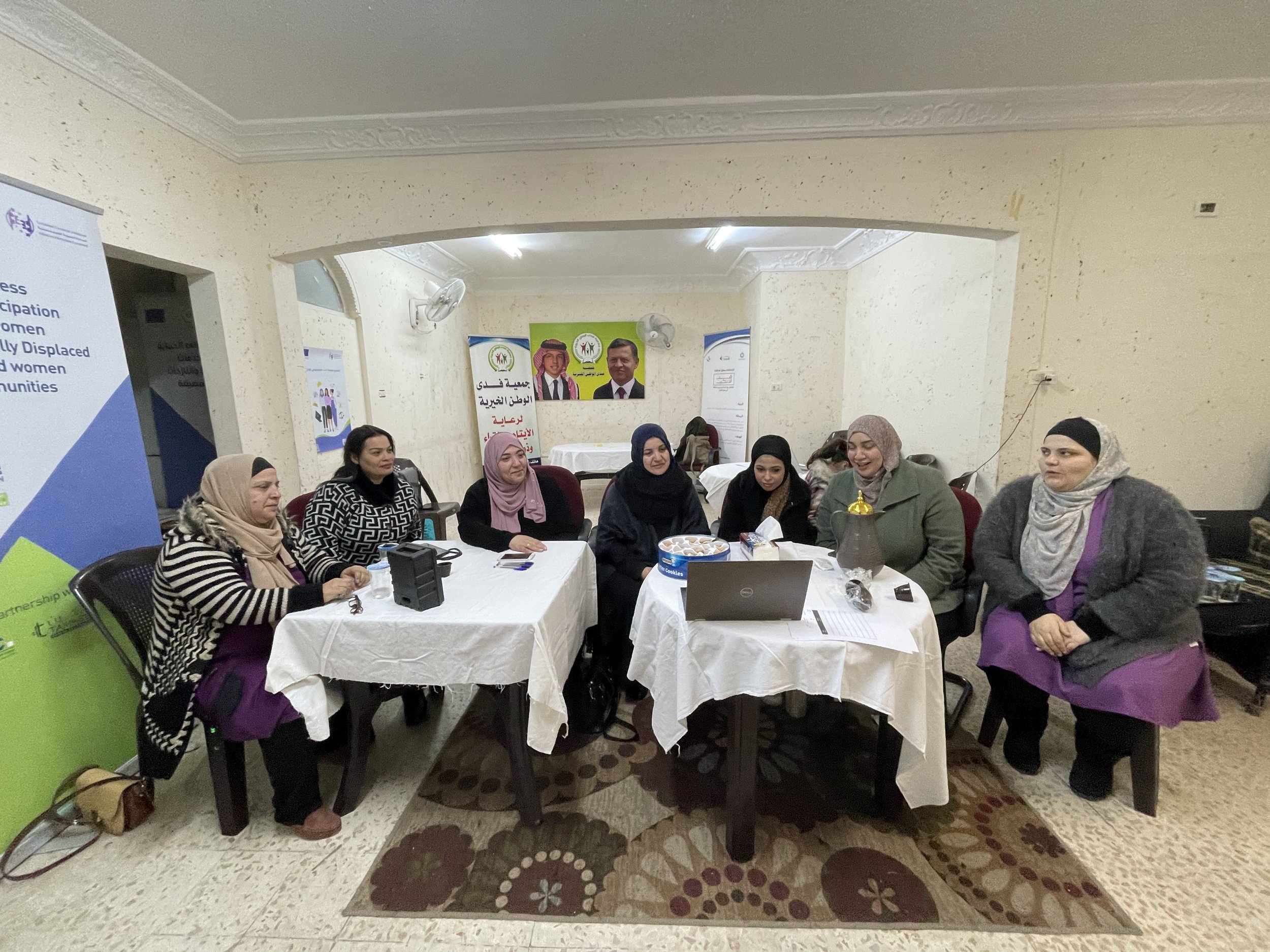
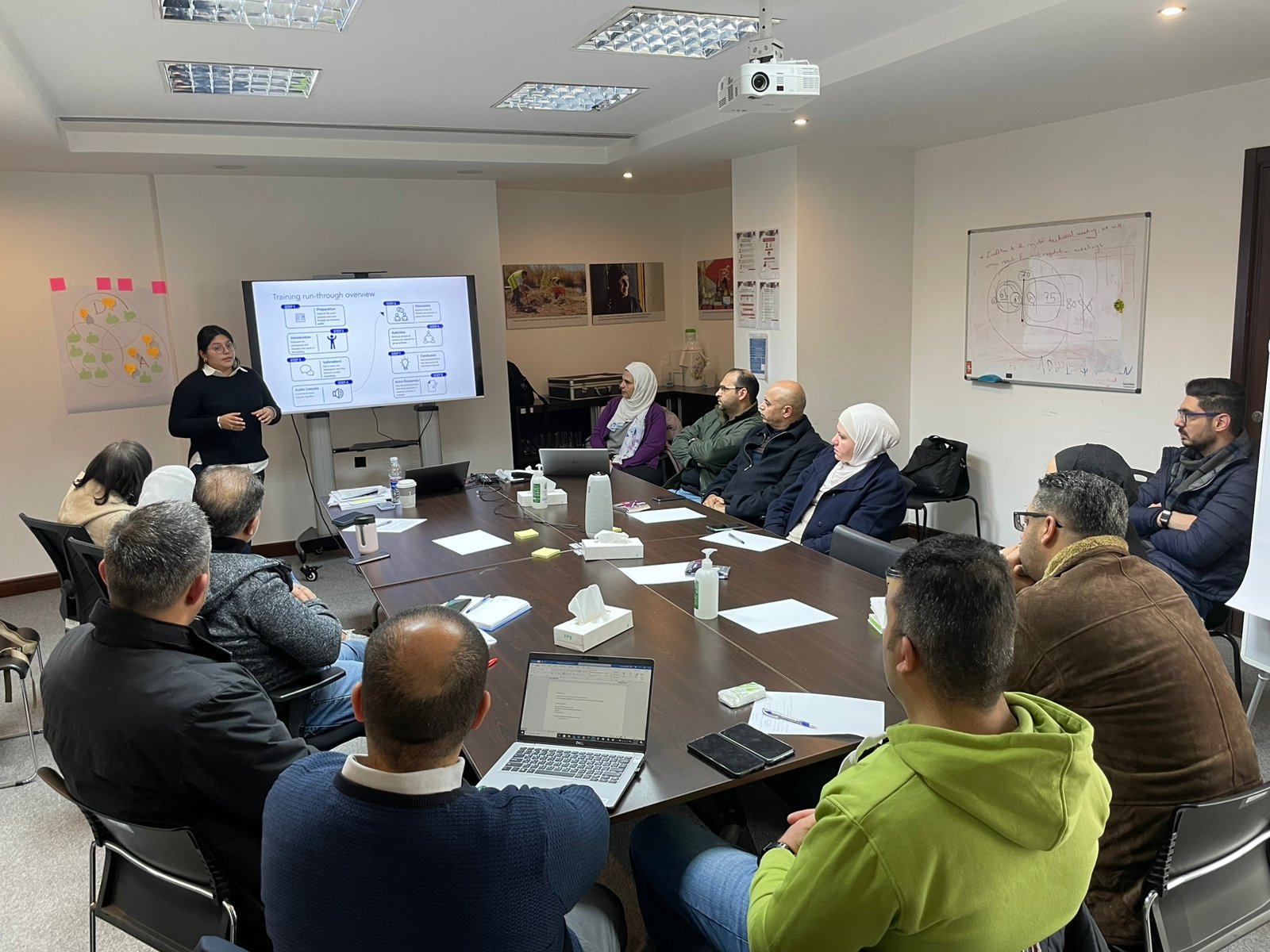
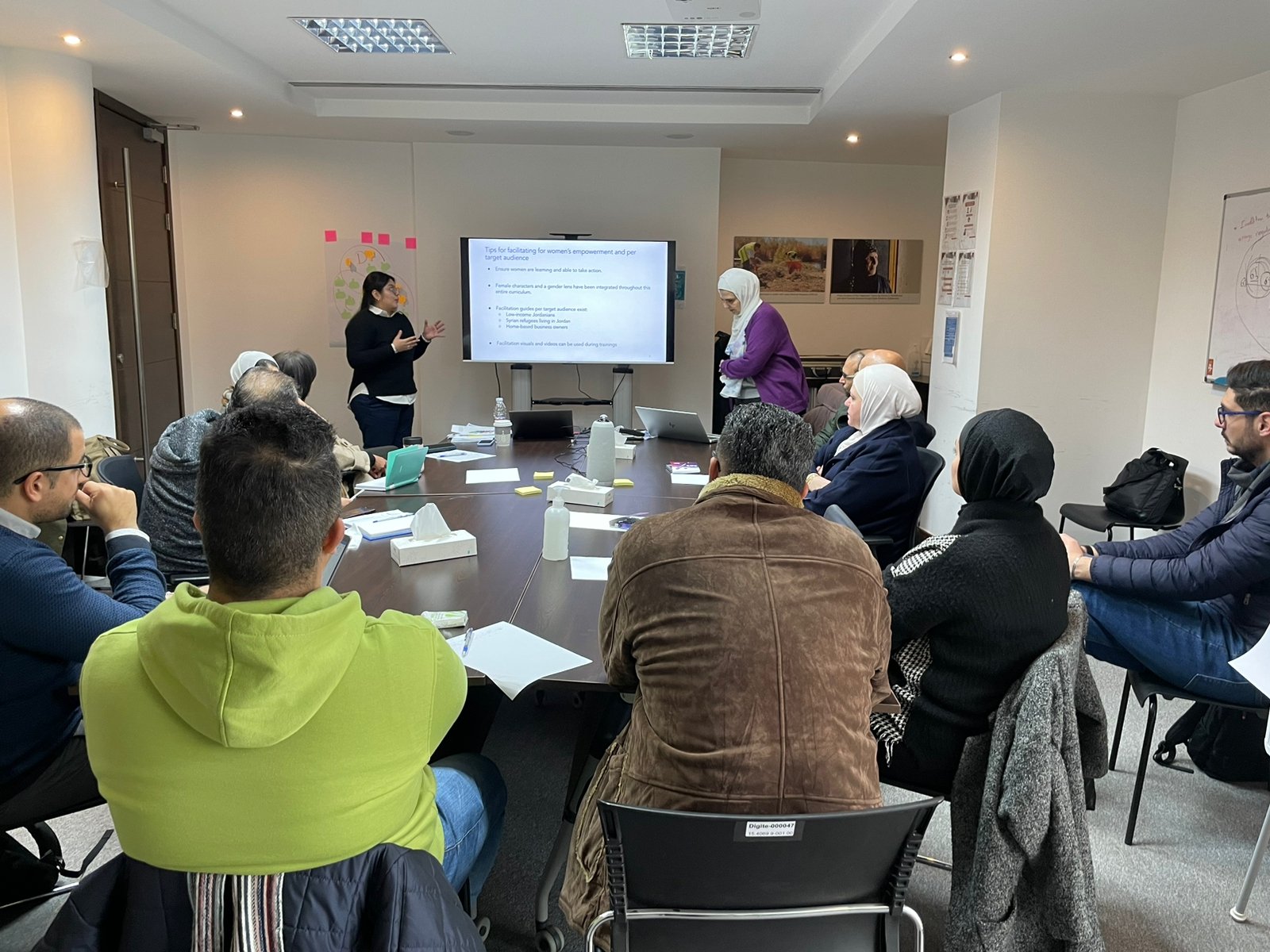
When testing our approach with target audiences, I found that participants were excited to participate in a training session that was more than just a lecture. Some even shared that previous trainings were too long, and they often felt like facilitators were just “talking down” to them. In this new format, training participants are encouraged to discuss among themselves and share their personal experiences with e-wallets, both positive and negative, and other financial behaviors and activities. One group of Syrian female home-based business owners in Mafraq reassured me that this approach was worth using. After hearing from a fellow business owner about her experience using her e-wallet to send payments to a textile supplier in Amman, as well as her success selling her products online, a participant left the training feeling motivated and empowered to test out digital tools for her own business.
Through discussions with peers, participants in both Mafraq and Amman testing groups realized that they were more knowledgeable than they thought, and their peers as well. In our group sessions, participants discovered that other people in their communities are using e-wallets and they hadn’t even considered asking them about it. Just by providing a space for people to share their experiences we raised awareness and built participants’ confidence to try new digital financial services to improve their financial lives. As for me, this trip was a lot of firsts. Seeing these discussions ignite curiosity and spark change has underlined our impact and motivated me to continue doing the work that I do with SIA.
The newly developed training materials will be made available by GIZ and the Central Bank of Jordan later this year.
Connect with Jennifer on LinkedIn.
